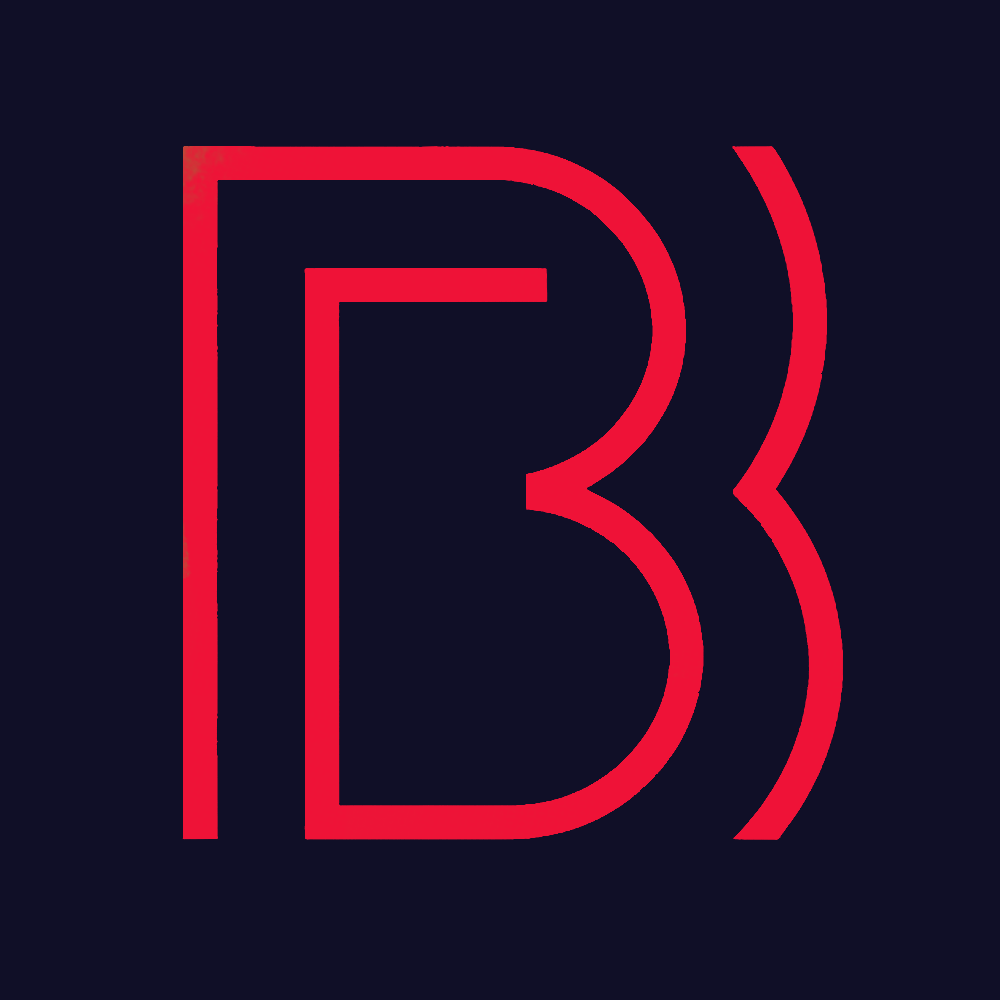Networked and Multi-user Capable by Design
Not every project needs to be designed with multiplayer in mind, but every project that transitions from a standalone to a networked experience can benefit from having networked primitives available to them from the start. Basis offers best-in-class networking support, so you don’t have to stitch together disparate systems.
